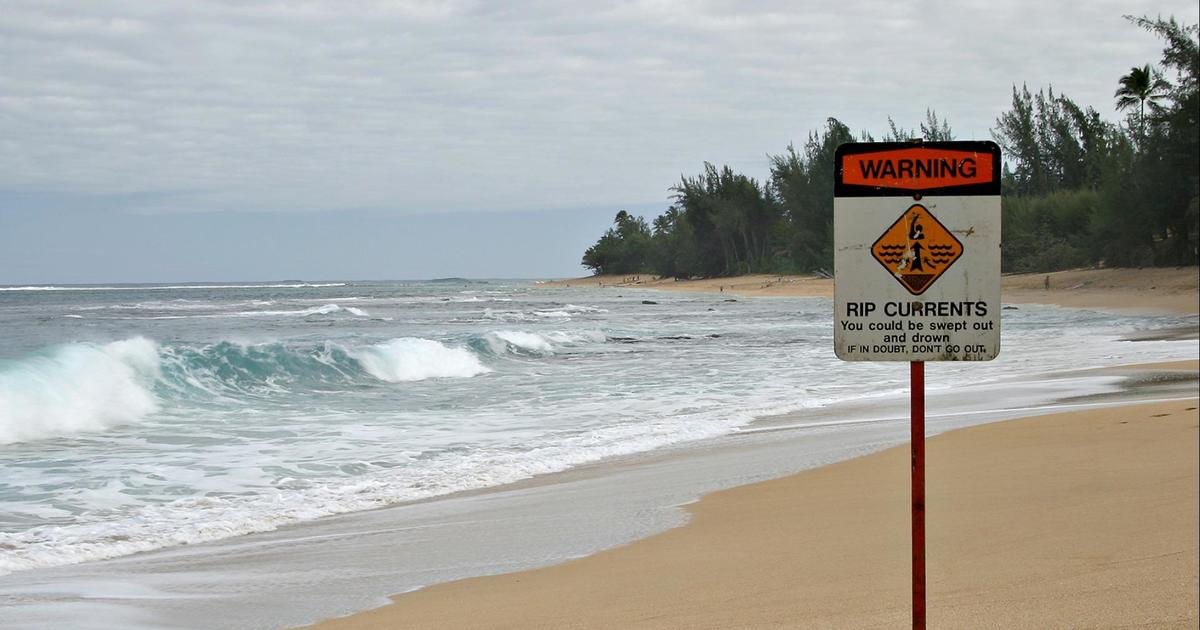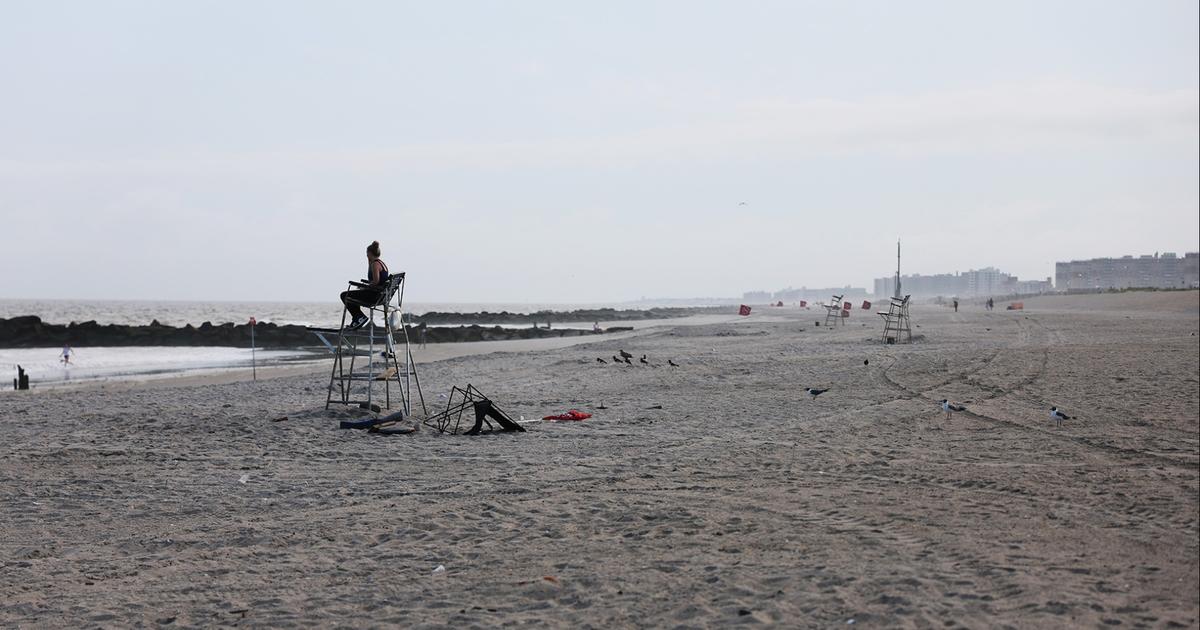

Source: https://www.cbsnews.com/video/how-to-identify-rip-currents-what-to-do-if-caught/
How to Identify and Survive Rip Currents
Rip currents are powerful channels of water that flow rapidly away from the shore, posing a significant danger to swimmers. This video provides valuable information on how to identify rip currents and what to do if caught in one. It explains that rip currents often appear as calmer areas of water within a wave-filled zone, creating an illusion of safety. Recognizing these calm areas is crucial, as they are often the telltale sign of a rip current. The video emphasizes the importance of staying aware of your surroundings while swimming and being familiar with the local beach conditions. If you find yourself caught in a rip current, the video advises against trying to swim directly against the current. Instead, it stresses the importance of staying calm and swimming parallel to the shore until you escape the current. The video encourages seeking assistance from lifeguards or other trained individuals immediately if you are unable to escape the rip current. It also highlights the significance of choosing beaches with lifeguard supervision and paying attention to warning flags indicating the strength of the currents. The video emphasizes the importance of understanding the risks associated with rip currents and taking necessary precautions to ensure safety while enjoying the water.
Summary
"Rip currents are a serious hazard, but with proper knowledge and preparedness, swimmers can minimize the risks. The video provides practical tips for identifying rip currents, escaping them, and seeking help when needed. By staying vigilant, following safety guidelines, and choosing beaches with lifeguard supervision, individuals can enjoy the water safely and confidently."
Updated at: 06.26.2024
Categories
How to identify rip currents and what to do if you're caught in one
Rip currents in the Atlantic and Gulf Coasts are being blamed for at least eight deaths since last week. CBS News correspondent Cristian Benavides reports on how Florida is reacting. Then, Wyatt Werneth, public service spokesperson for the American Lifeguard …




